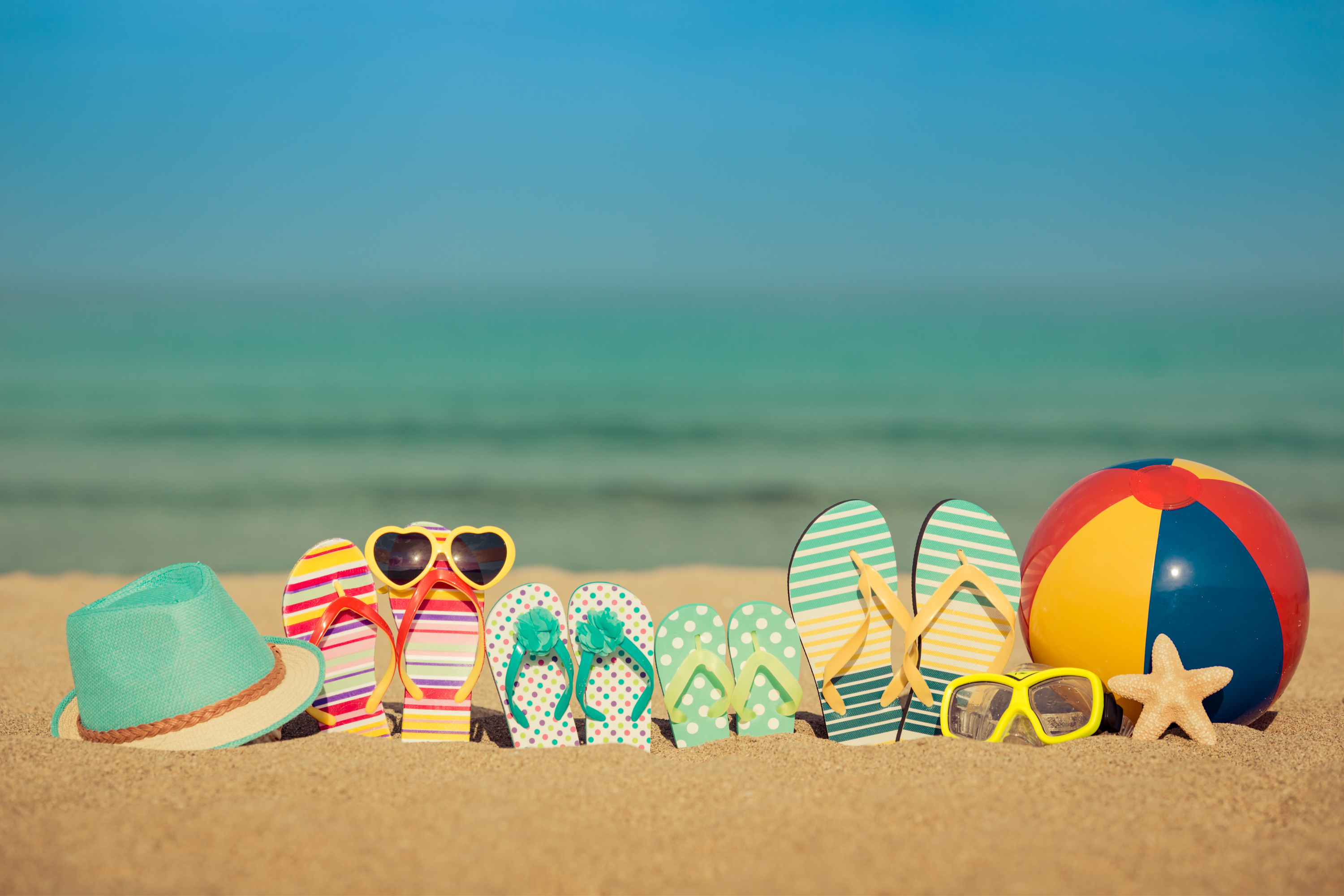Last Updated on April 15, 2018
I used to think vacations equaled rest. Sleeping in, curling up with a book, long walks, and romantic dinners with my husband … and then I had kids!
I distinctly remember one of our early family vacations with toddlers. It was a disaster. The babies did not sleep, the siblings fought, and it was either too hot or too rainy. Add into this mix two exhausted parents—each waiting for the other one to take over and help out. With grumpy, irritable adults, romance was a distant, vague memory. Somehow we staggered through the week and returned home to real life.
The good news was that I learned a few things from our bad vacation. I realized that my expectations needed a major adjustment. Vacations with small children do not mean rest; they mean running a “Family Camp.” Here are three things we learned that helped us on future vacations.
- Small kids respond well to structure. Make a daily schedule with built-in flexibility before you go. For example, have a craft time (pack scissors, markers, glue, paper, etc.). Institute a quiet time/nap time. Children need to learn to entertain themselves and they need some alone time (without videos or video games) in which to do this. It encourages them to develop their creative skills. Provide coloring materials, journals, puzzles, blocks, and books for this time if they do not nap. Use a digital clock and show them the number they must see before they can get up or leave their quiet area.
- Both parents need to know they will have some time alone each day. Divide the morning into two sections. Have Dad take a one to two hour period with the kids while Mom has time alone and have Mom take a similar time with the kids so Dad has a break. After lunch have nap time or quiet play time for the kids and then do family things together in the afternoons and evenings. A family movie night can be fun!
- Create a theme for the vacation. Once, our theme was God’s creation, and we went on a walk and collected every different thing we could find that God made. Each child had his own collection bag. We made a large display of our treasures on the floor when we returned. On a beach trip we read Bible stories that had to do with the sea. We collected shells and created all sorts of things with glue guns.
These three simple steps enabled our next vacation to be much better. Planning ahead and adjusting expectations to fit the season of life that we were in was a big help. The good news is that a disastrous holiday can turn into a valuable learning experience!
Susan Yates has written thirteen books and has spoken nationally and internationally on the subject of marriage, parenting and women’s issues for many years. For 11 years she was a regular columnist on parenting for Today’s Christian Woman magazine. Susan is the mother of five and has 21 grandchildren, including a set of quads. She is devoted to sharing her wisdom and experience with moms and wives and is selflessly available to those in need. Susan has been a mom for 40 years, she and John have been married for 43 years.


2 Comments